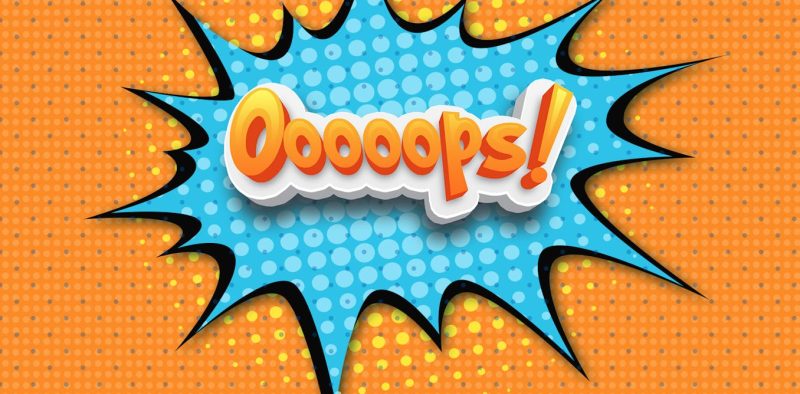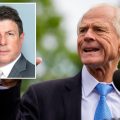
President Donald Trump’s recent press conference offered a prime example of a presidential gaffe. When questioned about the impact of his trade policies, he suggested American children might receive fewer Christmas toys, remarking, “Maybe the children will have two dolls instead of 30.” This comment, quickly dubbed his “Marie Antoinette moment” by some, highlighted the potential consequences of his economic agenda and sparked widespread discussion. This wasn’t an isolated incident; hours later, during a town hall, he infamously claimed to have made no mistakes during his presidency, eliciting laughter from the audience.
Presidential missteps, however, are hardly a new phenomenon. They’re woven into the fabric of American history, sometimes having lasting effects. Richard Nixon’s infamous “I’m not a crook” declaration, uttered amidst the Watergate scandal, ultimately failed to quell public outrage and contributed to his resignation. Gerald Ford’s assertion that the Soviet Union did not dominate Eastern Europe during a televised debate proved equally disastrous, potentially influencing the outcome of the election. Jimmy Carter’s inclusion of his 13-year-old daughter’s opinion on nuclear weapons in a debate, while aiming to connect with voters, left many perplexed.
Ronald Reagan, known as “The Great Communicator,” wasn’t immune either. A leaked joke about bombing Russia before a speech triggered a Soviet red alert, showcasing the gravity of even off-the-cuff remarks. George H.W. Bush’s tendency towards verbal meandering, as demonstrated by his statement, “I have opinions of my own, strong opinions, but I don’t always agree with them,” became a source of both amusement and concern. Bill Clinton’s response to questions about his affair with Monica Lewinsky, famously hinging on the definition of “is,” entered the lexicon as a prime example of evasive political language.
Even more recent presidents have faced similar challenges. George W. Bush’s mangled proverb, “Fool me once, shame on you. Fool me—you can’t get fooled again,” became a widely-circulated meme. Barack Obama’s ill-advised joke about the Special Olympics, though quickly apologized for, highlighted the importance of careful word choice. Joe Biden’s performance in a 2024 presidential debate, marked by rambling and incoherent responses on immigration, ultimately led to his withdrawal from the race, underlining the high stakes of presidential communication.
These examples underscore the profound impact that a single statement, a seemingly minor gaffe, can have on a presidency and the nation’s perception of its leader. From policy implications to election outcomes, the words spoken from the highest office carry significant weight, reminding us of the importance of careful thought and precise communication, even in the face of pressure. The legacy of these presidential blunders continues to shape political discourse and the public’s understanding of leadership.










